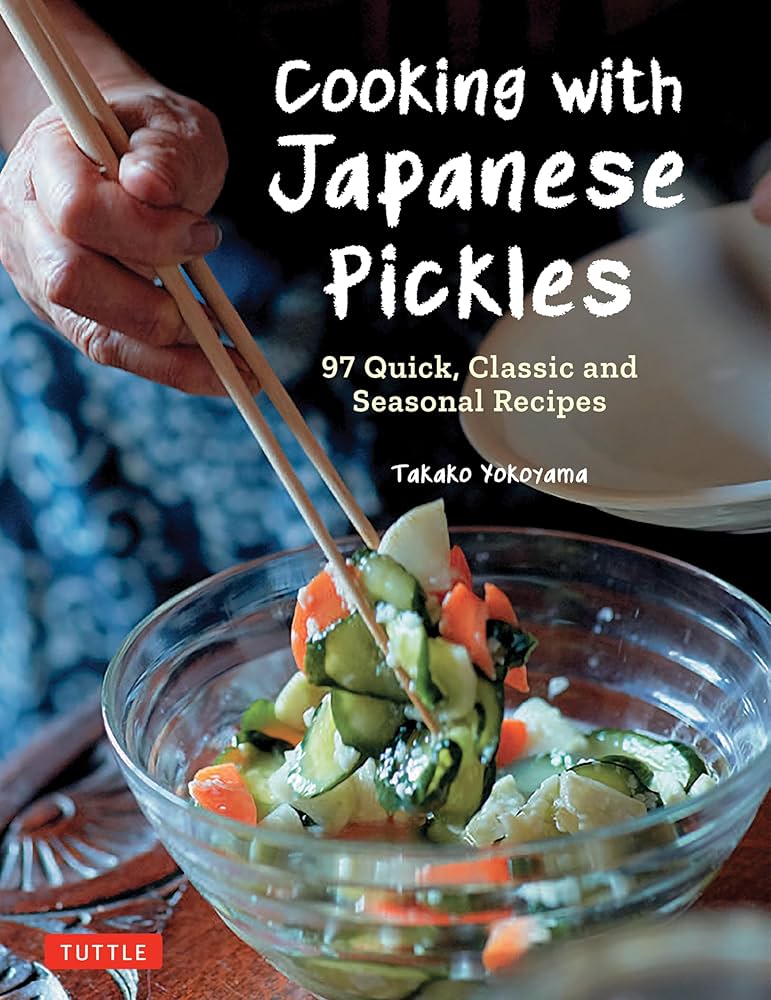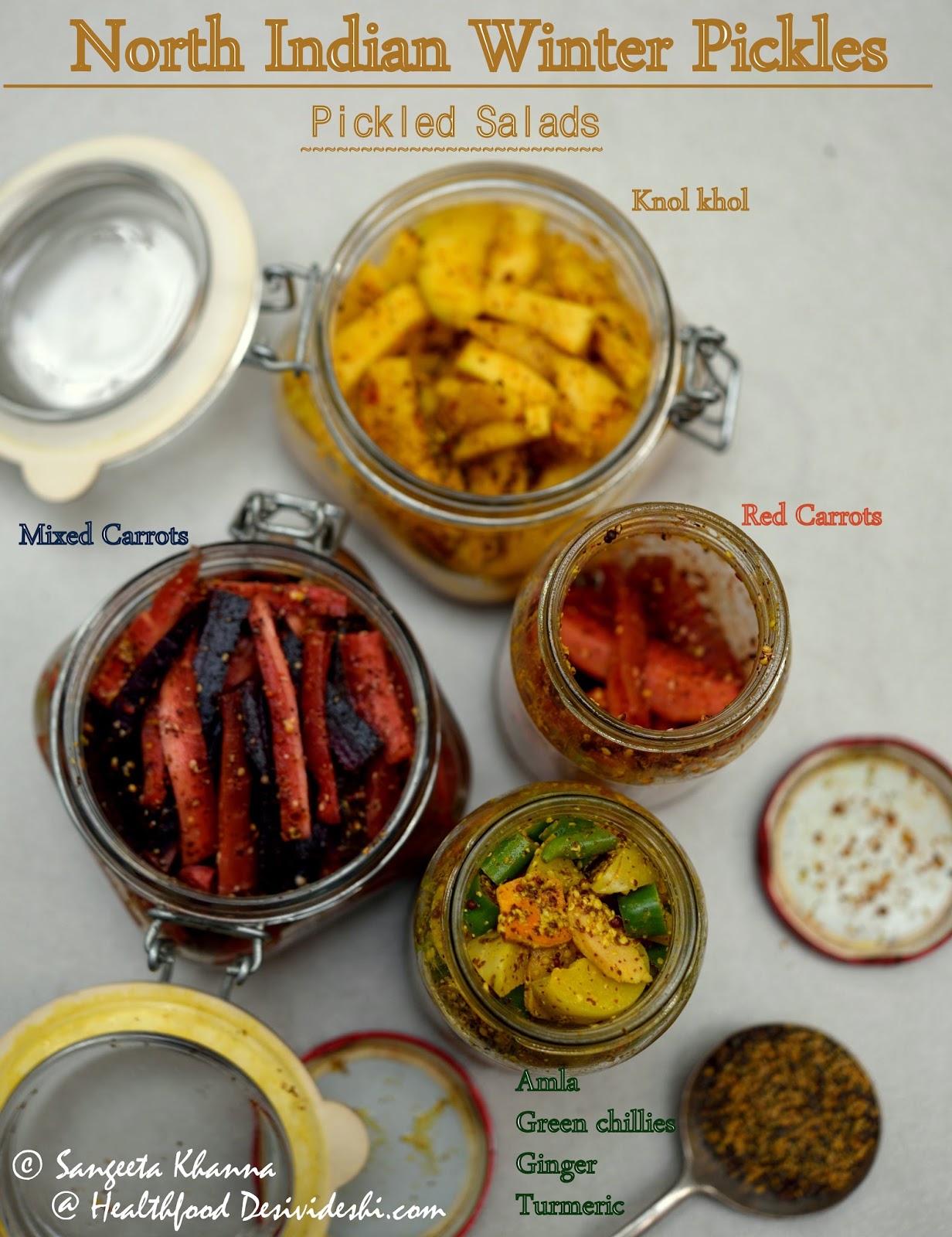Embracing the Fall Harvest: From Kale to Wormy Apples
As the leaves turn and the air grows crisp, we find ourselves in that beautiful transition of fall, where our gardens are bursting with produce ready to be harvested. For many of us, this means extra fruits and vegetables — far more than our kitchens can handle. It’s an exciting but occasionally overwhelming time, especially when dealing with kale that seems to multiply overnight and apples that have unfortunately seen better days.
Autumn brings a bountiful harvest from our gardens.
Make the Most of Your Bounty
In Edmonton, the fruit trees stand tall, with statistics revealing that the city boasts over 52,000 edible trees. It’s staggering to think about the abundance available; even a modest apple tree can yield over 150 pounds annually. To maximize this season’s yield, consider donating what you cannot use. The Edmonton Food Bank is an excellent option for surplus produce. As Doug Thompson of the food bank notes, they welcome various vegetables, especially sturdy options like root vegetables and cabbage. And let’s not forget the ever-popular tomatoes!
However, not every fruit can find a home at the food bank. Crabapples, for instance, which are plentiful in our city, often go unappreciated due to their small size and tartness, highlighting the complexities of food donation. For crabapple lovers, there are still ways to enjoy them; however, they require a bit of creativity and effort.
Your surplus produce can make a difference in the community.
The Leftovers Foundation: A Helping Hand
For those looking to donate produce this season, organizations like the Leftovers Foundation not only accept home-grown fruits and veggies but also provide assistance in harvesting. When you think about the difficulties numerous families face in accessing fresh produce amid rising grocery costs, donating your extra bounty feels essential. “It’s hard for many to gain access to good food, which is crucial for healthy living,” shares outreach coordinator Mary Gholami.
If you’re interested, you can sign up to donate through the Home Harvest program available on the Leftovers Foundation’s website. And don’t worry if the apples and veggies show some signs of being nibbled on by pests; the Farm Animal Rescue and Rehoming Movement (FARMM) will gladly take that off your hands!
Finding New Homes for ‘Imperfect’ Produce
Interestingly, it’s not just humans who can benefit from your garden’s imperfections. FARMM’s owner, Melissa Marttell, notes that they have around 150 animals eagerly awaiting what many might consider waste. “We make it our mission to ensure that this food is utilized, not wasted,” she explains. From apples to kale and beyond, all produce is welcome as long as it’s not rotten.
Animals at FARMM deserve a harvest too.
Save and Store for Winter
If you’re fortunate enough to have a manageable amount to work with, preserving and storing your harvest should be next on your agenda. Vegetables like carrots and potatoes can be stored for months in a root cellar, a technique that can dramatically extend the life of your harvest. No root cellar? Freezing your surplus is a breeze! Just blanch those veggies first, then bag them up for quick winter meals on a busy night.
Herbs are equally easy to preserve; try ice cube trays to create little herb bombs to toss into your soups and stews later. For those with an adventurous spirit, canning offers delicious rewards like jams and pickles — just be cautious of the canning process to avoid health hazards.
Properly canned goods can provide comfort long after the garden has wilted.
Join the Workshop Revolution
If canning is new territory for you, consider attending local workshops to sharpen your skills. The Edmonton Public Library and Operation Fruit Rescue Edmonton offer classes that can equip you with essential canning knowledge and techniques. These resources are invaluable, especially for those apprehensive about diving into food preservation alone.
And for those looking for a fun, interactive experience, mark your calendars: on October 27, the New Grocery Movement is hosting a free canning and pickling workshop. Supplies will be included, but remember to bring your produce!
Workshops offer a great way to learn and share experiences about food preservation.
The Discard Dilemma
One of the challenges for many gardeners is dealing with damage from pests. It’s comforting to remember that these imperfections don’t mean the end for your fruits and veggies! While food rescue groups won’t accept these damaged items, working with local farms and shelters provides solutions. As I often tell friends, it’s crucial to repurpose or redistribute—whether it’s finding a local animal rescue willing to take the extras or figuring out a creative new recipe that incorporates your ‘imperfect’ produce.
As gardener and activist Cynthia McGough remarks, “Rather than let our harvests go to waste, we should celebrate them, no matter their condition. After all, every bit of produce carries its own story.”
In the end, embracing fall means more than just harvesting; it’s about sharing and preserving the abundance we’ve cultivated together. So let’s utilize those wormy apples and piles of kale — for the planet and the community!














